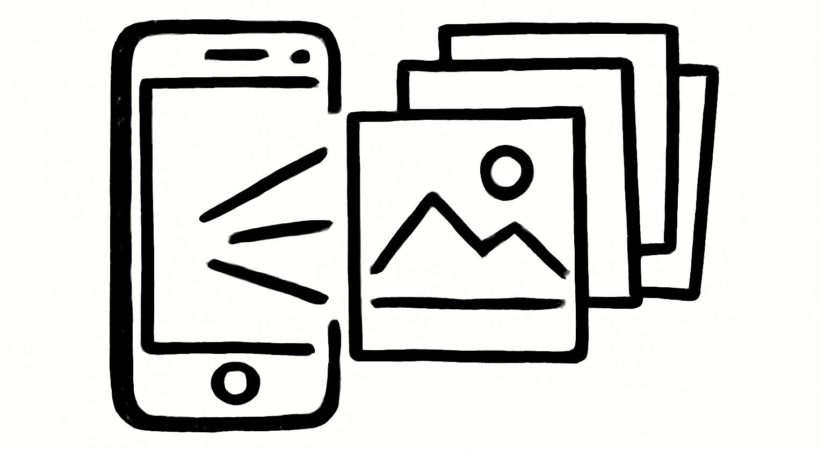Adobe has introduced Project Indigo, a new computational photography camera app developed by former Google Pixel camera engineers Marc Levoy and Florian Kainz. Though influenced by their work on Pixel’s acclaimed camera technology, Project Indigo is currently available only on iOS devices.
Levoy and Kainz, who contributed to Pixel’s computational photography between 2014 and 2020, joined Adobe after leaving Google. At Adobe, they led the “Nextcam” team, which spent five years developing Project Indigo.
The app aims to deliver DSLR-like image quality with full manual controls and new features such as on-device removal of window reflections. It captures up to 32 frames per photo—more than double the Pixel camera’s 15 frames—to reduce highlights and noise by underexposing and combining multiple shots. This technique enhances image clarity but requires slightly longer capture times.
Project Indigo supports both JPEG and RAW formats and incorporates local tone mapping for improved HDR performance. It includes “Photo” mode with zero shutter lag and “Night” mode optimized for longer exposures using a tripod, extending capture times by detecting reduced handshake.
Unlike some AI-based approaches, the app uses multi-frame super-resolution to increase detail without creating artificial information. Users have professional controls over focus, shutter speed, ISO, exposure, white balance, and burst frame counts, while computational photography remains integrated.
One notable feature is a “Removing Reflections” tool that eliminates glass and window reflections after images are captured. Adobe describes Project Indigo as an experimental app currently available for iPhone 14, iPhone 12 Pro, and newer models via the App Store.
An Android version is planned, but no release date or compatible device list has been announced. Given the developers’ backgrounds, Pixel phones are expected to be supported eventually.
